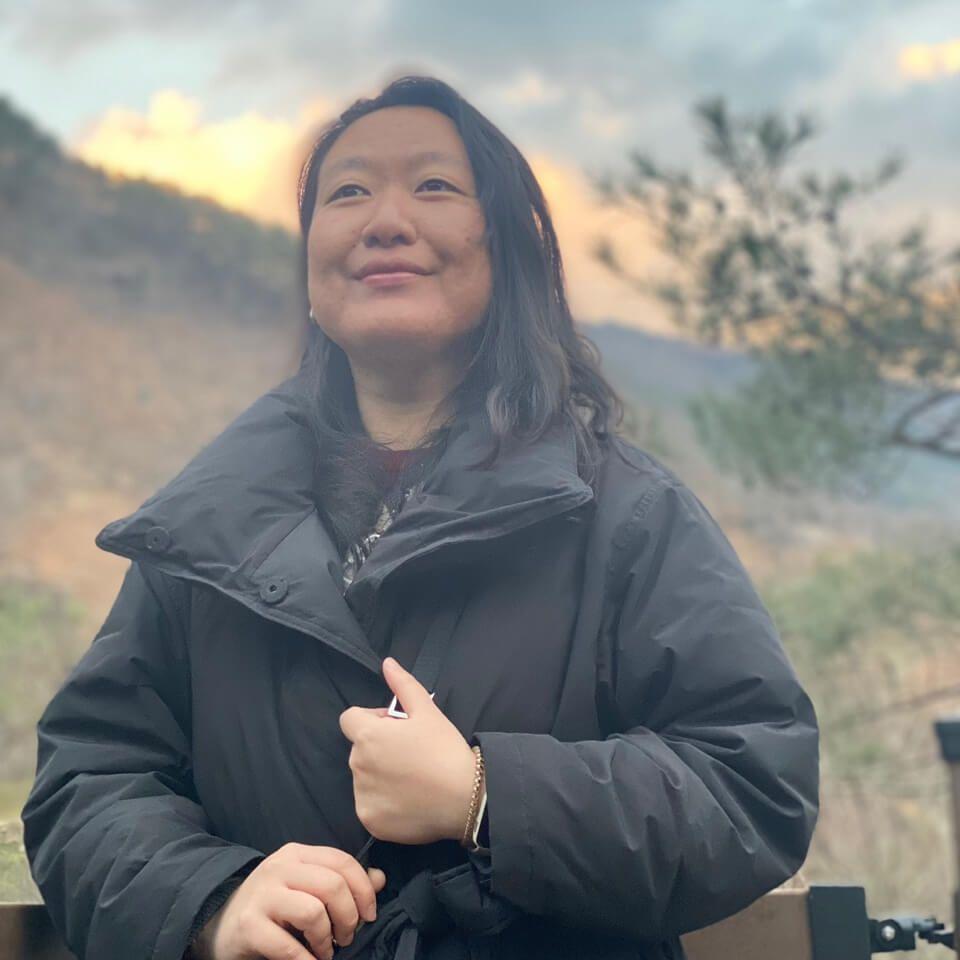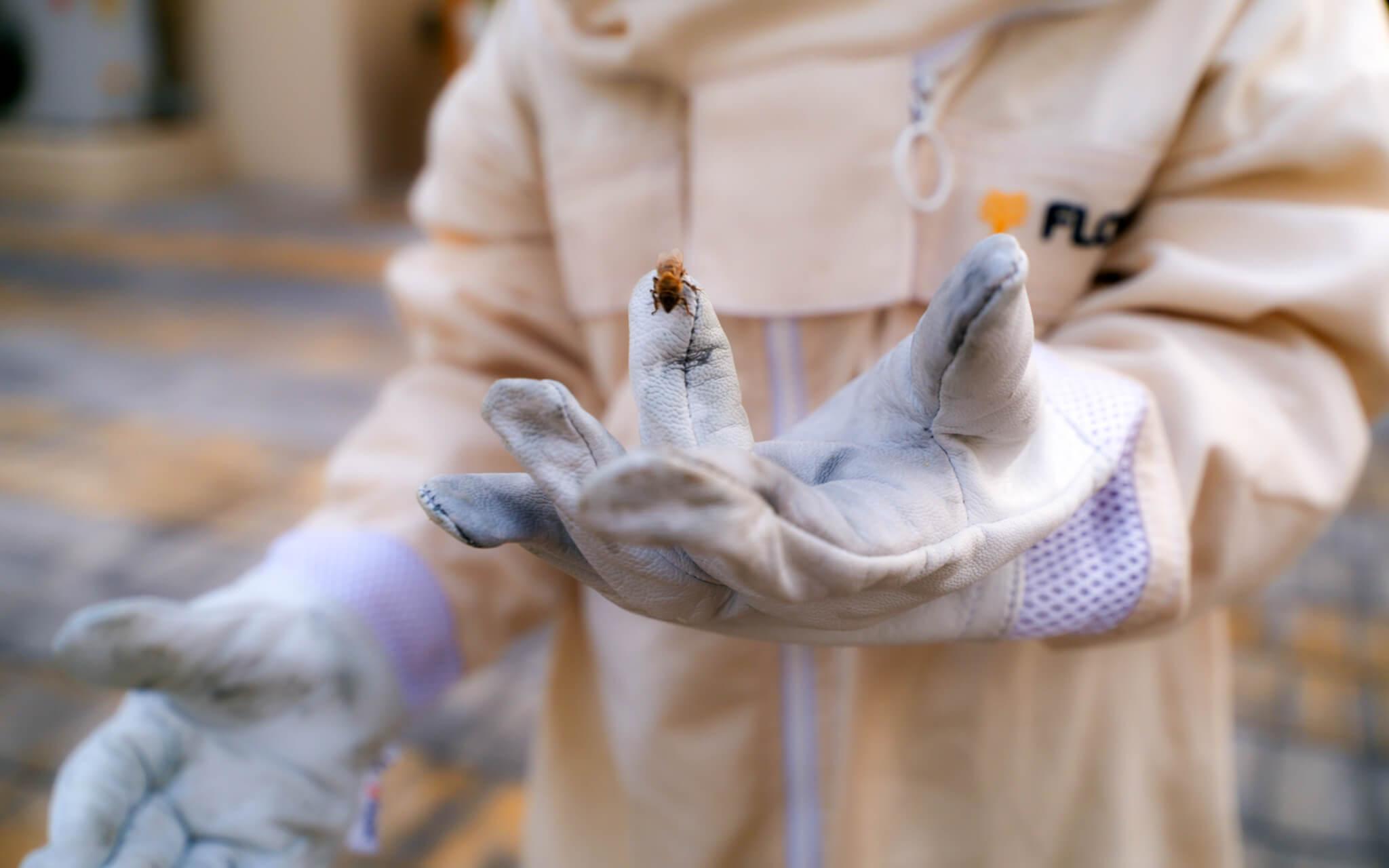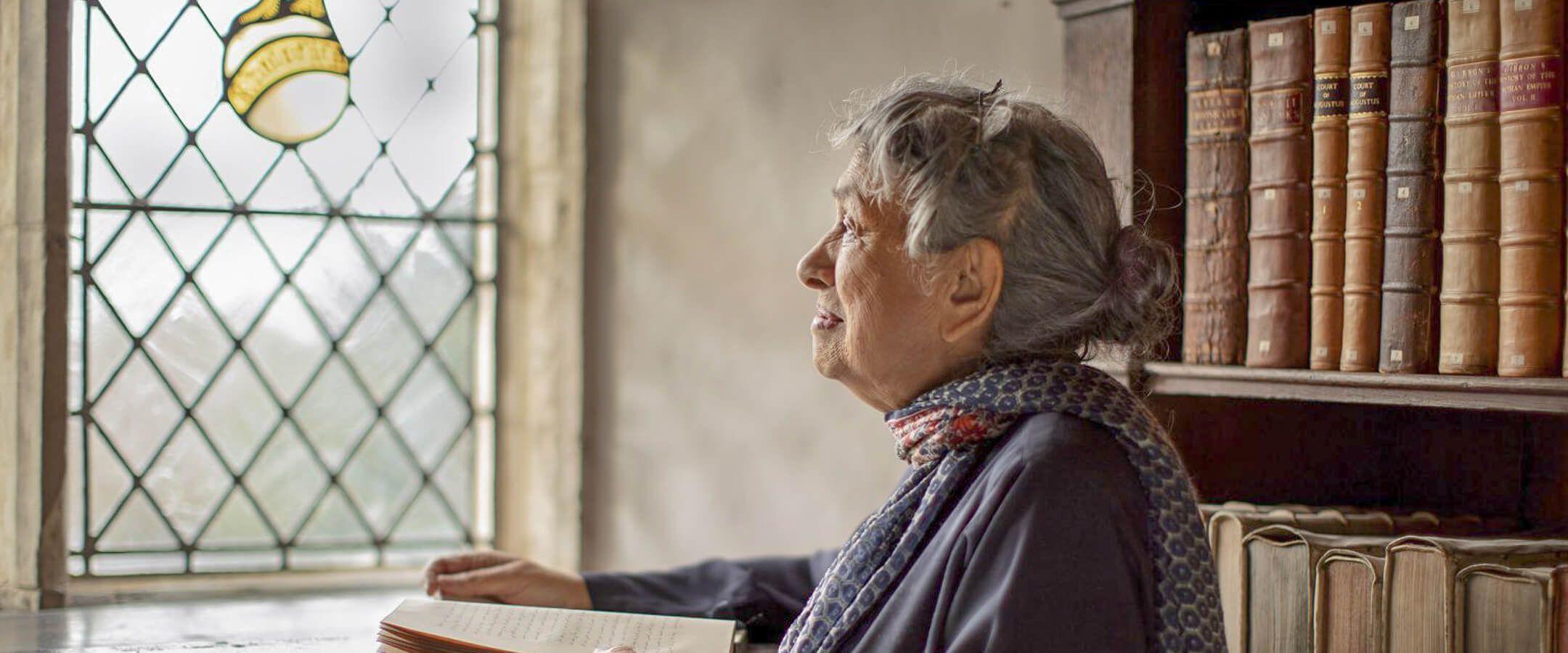Upcycling Guilt into Responsibility
Haneul Kim is a South Korean designer who rose to fame with his groundbreaking work Stack and Stack – a collection of eclectic and vivid stools made from used masks.
Seoul is home to over 10 million people, with more still flooding in each year for its concentrated career opportunities. Often called “Hell-Joseon” (“Joseon” being the ancient name for Korea), Seoulites struggle daily with the effects of overpopulation, like high rent, packed commutes, and dangerously poor air quality.
However, through the years of struggle, something had quietly shifted in this modernist urban jungle. Corporations, the art world, and the public stopped building things anew. Their focus shifted to upcycling old, used materials. What was once considered aesthetically unfit for city slickers became a trend everyone wanted to follow.
Haneul Kim, a young Korean artist, started paying attention to this new trend simply because he saw some of his school seniors producing beautiful works using upcycled materials. It had the meot (멋), which is a Korean expression for “swag” or “style.” Seoul was full of them — new, hip, and chic upcycled art that was full of meot.
However, as he created his own upcycled art, he started participating in events to promote the importance of upcycling waste materials– even giving talks on popular Korean TV programs like 15 Minutes to Change the World (or Sebashi). Haneul found himself contemplating the discrepancy between what he was advocating through his art and what he was actually doing for climate protection in his personal life.
“I started feeling guilty,” Haneul admits plainly. “And with that guilt naturally came the sense of responsibility. Suddenly, I gained this strength to carry out the message through my everyday actions.” Haneul shares that his commitment to upcycled art strengthened when he saw green leaves fall on a brisk autumn day–thinking, “Living, green leaves are falling, not the brown, red ones that fulfilled their cycles.”
For designer Haneul Kim, Stack and Stack was a creation born out of the pandemic craze while a senior at Kaywon University of Arts in South Korea–prepping for his much-anticipated graduation show while experiencing his last semester through Zoom.
“After I learned that we didn’t have enough workforce to process all the discarded masks, I started wondering how to show the potential used masks had as artistic material,” Haneul explains. For Haneul, putting out his work requires a great deal of research and testing, sampling different materials, and identifying the purpose of this new art piece. “I was way behind the schedule. But I wanted to make it right. At my pace.”
Unfortunately, the creation and consumption of art still, inevitably and quite often, leaves environmental footprints. Yet, I know that my art raises awareness of the potential that upcycled materials have, and I believe in the influence that my art has on people.
Haneul first gathered used masks by placing mask disposal bins around the campus. Soon, he realised he needed more than the ones he gathered around the campus. That’s when he headed to a mask manufacturer for a strange experience and witnessed one of the most shocking sights of the pandemic reality.
“The waste that the mask factory produced wasn’t the masks themselves but the leftover fabric,” says Haneul. “The piles were three times my height. There was more wasted excess fabric than used masks,” he recalls. “At the height of the COVID pandemic, there was a time when the South Korean sanitation department needed to process up to 129 billion sheets of discarded masks.”
Haneul brought his new idea to his professor; he encountered concern. “Not many people were excited about my idea. Even my professor urged me to do something different – something that was easier for me— like woodwork.” (Haneul's skilful wood craftsmanship comes from his mother, a furniture designer who often worked with wood.) “I made the legs for the stool out of those used masks. Then, people started paying attention. And when I finally completed one, my professor came around, advising me on different directions I could take.”
Though Haneul garnered ample support for his work, there were some noticeable voices of criticism. “I witnessed a comment war on my work online,” muses Haneul. “While many people defended my work, there were people who were concerned about toxic fumes from melting away the masks. And some would call my work straight-up garbage,” Haneul shares with a smile.
“I’m honest about my process not being as sustainable as I want it to be,” he notes.
“Unfortunately, the creation and consumption of art still, inevitably and quite often, leaves environmental footprints. Yet, I know that my art raises awareness of the potential that upcycled materials have, and I believe in the influence that my art has on people,” he concludes.
Haneul Kim approaches recyclable (discarded) materials with childlike curiosity. When I ask if it was challenging to upcycle wasted materials for his art, he says, “Upcycled materials are like any other material for art. Old, discarded boxes have the same potential as new ones.”
Stack and Stack is more than a showcase of stools made with upcycled discarded masks–it’s a visual representation of humankind's ever-growing mountains of waste. “It’s also a metaphor,” Haneul points out. “I’m developing Stack and Stack into a series, expanding by upcycling other discarded materials like cans, vinyl, etc.”
When we return to the idea of environmental guilt, Haneul answers without hesitation, "As a designer, as someone who's living, I ought to feel guilty. Even something as simple as email leaves a mark on the environment.”
Yet, his eyes light up with joy despite the shadows of our grim reality. “But I’m an optimist. I think feeling guilty is a symptom of feeling responsible. I would rather focus on that sense of responsibility I feel for this earth than dwell on the guilty feelings.”
Most Popular
The Climate Tribe delivers stories about Biodiversity and Conservation, Circular Economy, Food and Water , and how they intersect with climate.
Subscribe
Get the latest stories inspiring climate action around the globe straight to your inbox.






